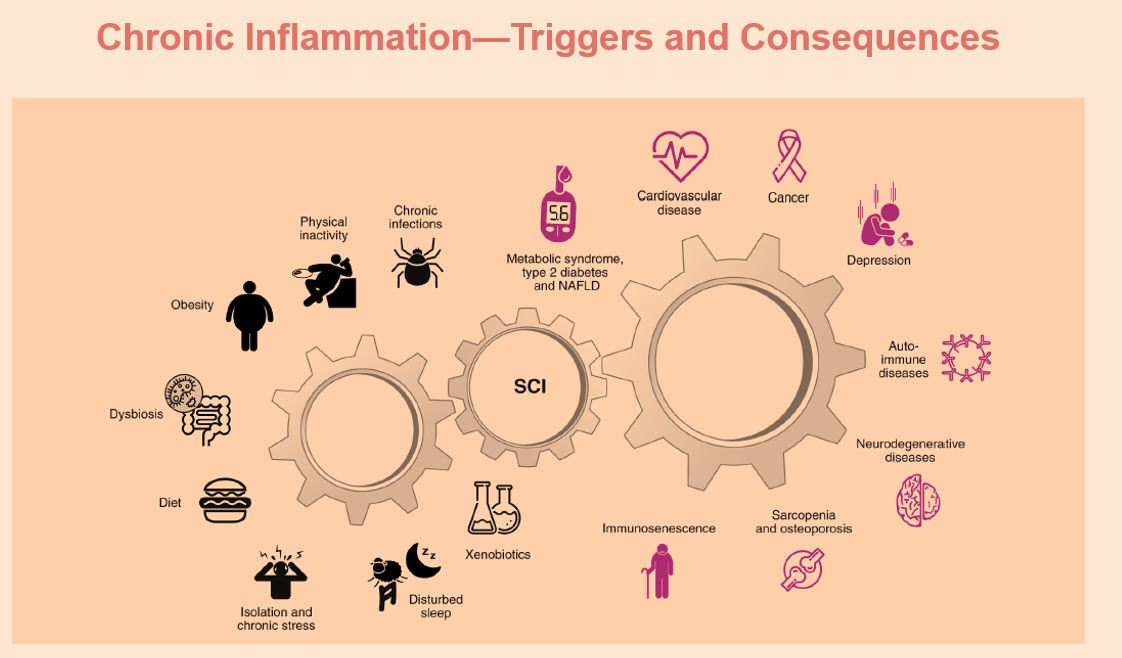By Marie Suszynski for Every Day Health
Chiropractic is a form of complementary medicine that focuses primarily on the musculoskeletal system. Chiropractic treatments — often called adjustments — usually involve hands-on manipulation of the spine and sometimes other joints.
Clinical research has found some evidence that chiropractic spinal manipulations can help with low back pain and may also be helpful for neck pain and headache. Indeed, the most common reasons for visits to chiropractors are low back pain, neck pain, and headache.
While there’s no research showing that chiropractic has any effect on symptoms of multiple sclerosis (MS), some people with MS report feeling positive effects when they see a chiropractor.
Sean Casey, for example, a partner in the Albany, New York office of the marketing company Eric Mower + Associates who was diagnosed with MS in 1988, made his first chiropractic appointment after jarring his back, and he’s returned for treatment periodically over the years.
Getting chiropractic therapy, he says, helped him feel better and ultimately had an effect on his MS. Fatigue wasn’t as much of an issue, and he had more endurance and better control over his movements. Because the chiropractor corrected his back problem, Casey says, he was able to become more active without pain.
Los Angeles-based Sherry Chandos, who’s had MS since 2001, also feels she’s benefited from seeing a chiropractor. She originally went to a chiropractor because of pain in her lower back and legs, and she says the biggest benefit was relief of the lower back pain.
But getting adjustments also helped her tackle the exercises she’d been given by a physical therapist to improve balance and strength, and to reduce spasticity from MS.
The Importance of Feeling Better
“Feeling better about yourself, and feeling better in your life while managing the disease and the symptoms of MS, are critical parts of living with a chronic illness such as MS,” says Aliza Ben-Zacharia, a nurse practitioner at the Corinne Goldsmith Dickinson Center for MS at Mount Sinai Hospital in New York City.
While Dr. Ben-Zacharia doesn’t usually prescribe chiropractic care for her patients — particularly those who have spinal lesions or degenerative changes in the spine — she notes that gentle massage and chiropractic care are “permissible, especially if it’s making people feel better about themselves.”
“Open communication and discussion about the use of all complementary and alternative methods is highly important, and building partnerships with patients is critical in the care of people with MS,” Ben-Zacharia says.
What Chiropractic Therapy Can and Can’t Do
David Mallory, a chiropractor now retired from Georgia & Thurlow Chiropractic in Vancouver, British Columbia, has had MS for 20 years and has both received chiropractic care himself and delivered it to others with MS. He firmly believes it can help with management of the disease.
MS symptoms are caused by a neurologic loss, Dr. Mallory says, and there’s nothing a chiropractor can do to reverse that. What chiropractic therapy can do is help with the problems associated with MS. If MS causes foot drop, for example, the altered gait can cause back and hip pain. Getting a chiropractic adjustment may help relieve that pain while you work with other practitioners to find the best treatment for your foot drop.
Costs and Risks
Chiropractic care is often more affordable than other types of specialty care — although it’s always a good idea to ask about fees up front since they vary from place to place. Mallory’s Canadian office charges in the $50 range for a visit, and he says the cost is similar in the United States. Some health insurance plans cover chiropractic care, which can also help with affordability.
As for risks, Mallory says that going to a chiropractor is fairly safe, and that people with MS face no more risks than people who don’t have MS.
The National Multiple Sclerosis Society (NMSS) does point out that the side effects of chiropractic care can include sore muscles, fatigue, and headaches. Very rare risks include bone fracture, injuries to the spinal disks and to the nerves of the lower spine, and stroke as a result of the therapy.
The NMSS also states that chiropractic should be avoided by pregnant women; people with a severe herniated disk, osteoporosis, arthritis, diabetes, fractures, dislocation, or trauma of the spine; and people being treated with blood thinners. And, of course, never use chiropractic care in place of your traditional MS treatment.
Casey recommends coordinating your care by asking your chiropractor to share your records with your neurologist.

Address
New Jersey Address:
227 Madison Avenue, Lumberton, NJ 08048
New York:
2932 Wilkinson Avenue Bronx, NY 10461
Business Hours
New Jersey:
Monday – Thursday:
8:30 AM – 1:00 PM, 3:00 PM– 6:30 PM
Friday:
8:30 AM – 12:30 PM
New York:
Monday, Wednesday, Thursday, Friday:
9:00 AM - 7:00 PM
Tuesday:
9:00 AM - 6:00 PM
